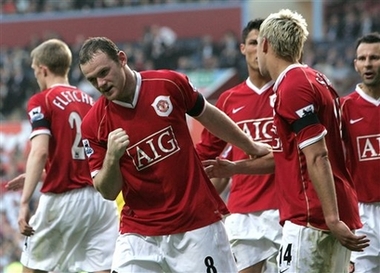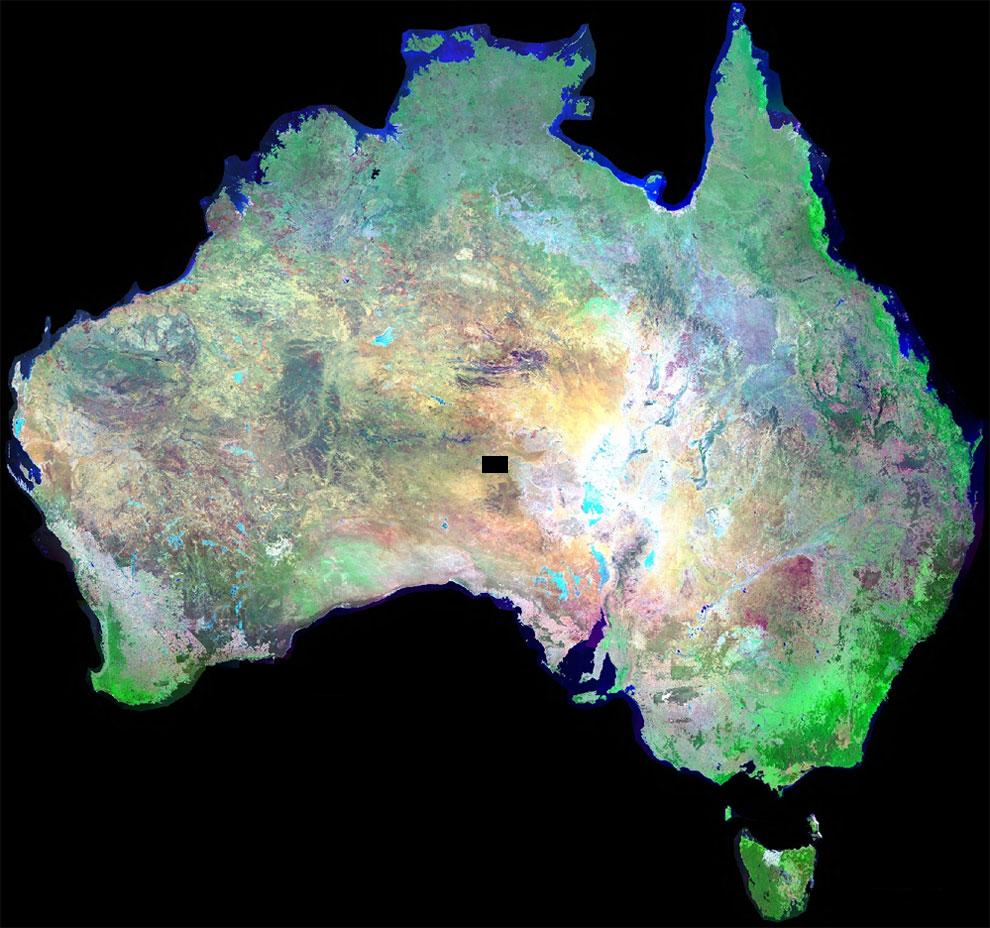
MACAU (Reuters) - Asian Football Confederation (AFC) president Mohamed bin Hammam has big plans for Asian soccer, although he admitted they might sound a bit ambitious.
After years of mediocrity the Asian game is finally changing and the continent of 3.6 billion people has the passion and the economic clout to go head-to-head in the future with the English, Spanish and Italian leagues, Hammam said.
If he gets his way, top European clubs will have to fight it out with Asian teams to secure multi-million dollar signings.
"If clubs in Europe will pay $50 million for their players, we will do the same," Hammam told Reuters in an interview on an aeroplane en route to China, where he is launching a development programme to create urban soccer leagues in dozens of the country's sprawling cities.
"We just have to raise the standard and players will come. My dream is that we are as competitive as Europe in standard and revenue. I'm certain this will happen."
Asia's 18 professional leagues vary greatly, with teams in Japan, Iran, China and Australia sometimes playing before crowds of up to 50,000, although clubs in many of the smaller leagues offer basic salaries and attract small crowds.
The 57-year-old Qatari, who last month won a second term as AFC president, said boosting revenue would be key to the long-term success of the Asian game.
COMMERCIAL REVENUE
He said the AFC would use commercial revenue to bring organised soccer to tens of millions of rural people and develop players and coaches in some of the world's poorest countries.
"We have to change the mentality and accept that professional football has to be organised like a business," Hammam said. "It is an entertainment industry. Revenue is necessary, it is our top priority.
"Here we have to replace amateurs with professionals. All of the people dealing with football must be this way."
Hammam cited record attendances this year at the Asian Champions League and an unprecedented demand for tickets for July's Asian Cup as a sign that Asia's love of soccer goes beyond the European game.
"How do we know if it's improving? Just see how many people are watching us. More and more sponsors and telecasts mean we're going in the right direction.
"The money is here. The talent of our players exists. We are not missing any element of this success," added Hammam, who was president of top Qatari side Al Rayyan at just 20 years old.
Hammam said the likes of Park Ji-sung of Manchester United and Celtic's Shunsuke Nakamura were good role models for Asians, although he accused European clubs of simply recruiting Asian players to get a foothold in lucrative Far Eastern markets.
However, he said Asian sides might soon be doing the same thing.
"They don't recruit Asian players in the same way they do Africans. They're trying to create stars and get a share of their markets. This is the case with most of our players in Europe," he said.
"But we can take from the markets in Europe. They can take from us, but we will take from them also."
 Baghdad - Iraq have axed their national team coach just three months before the start of the Asian Cup.
Baghdad - Iraq have axed their national team coach just three months before the start of the Asian Cup.









